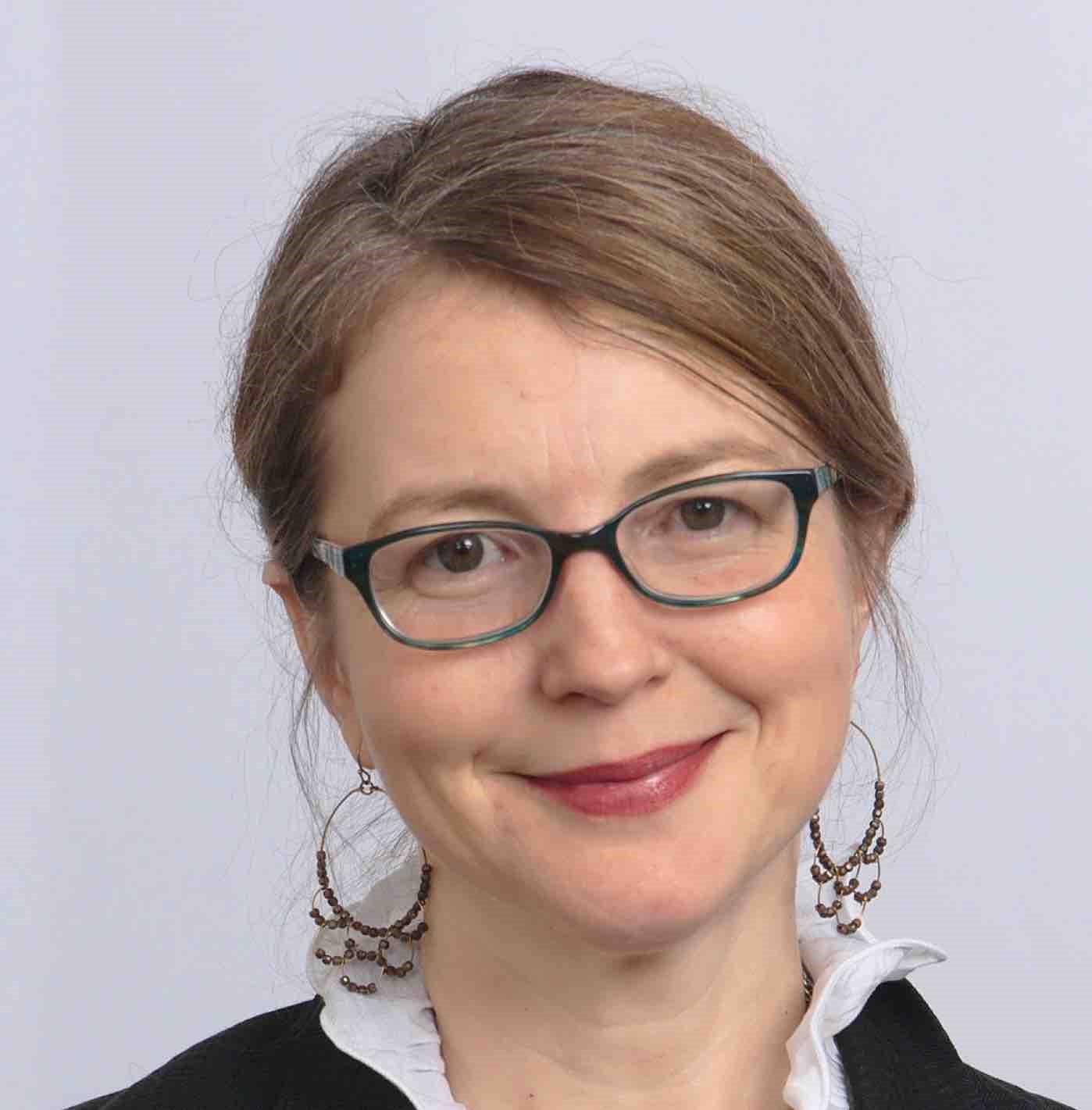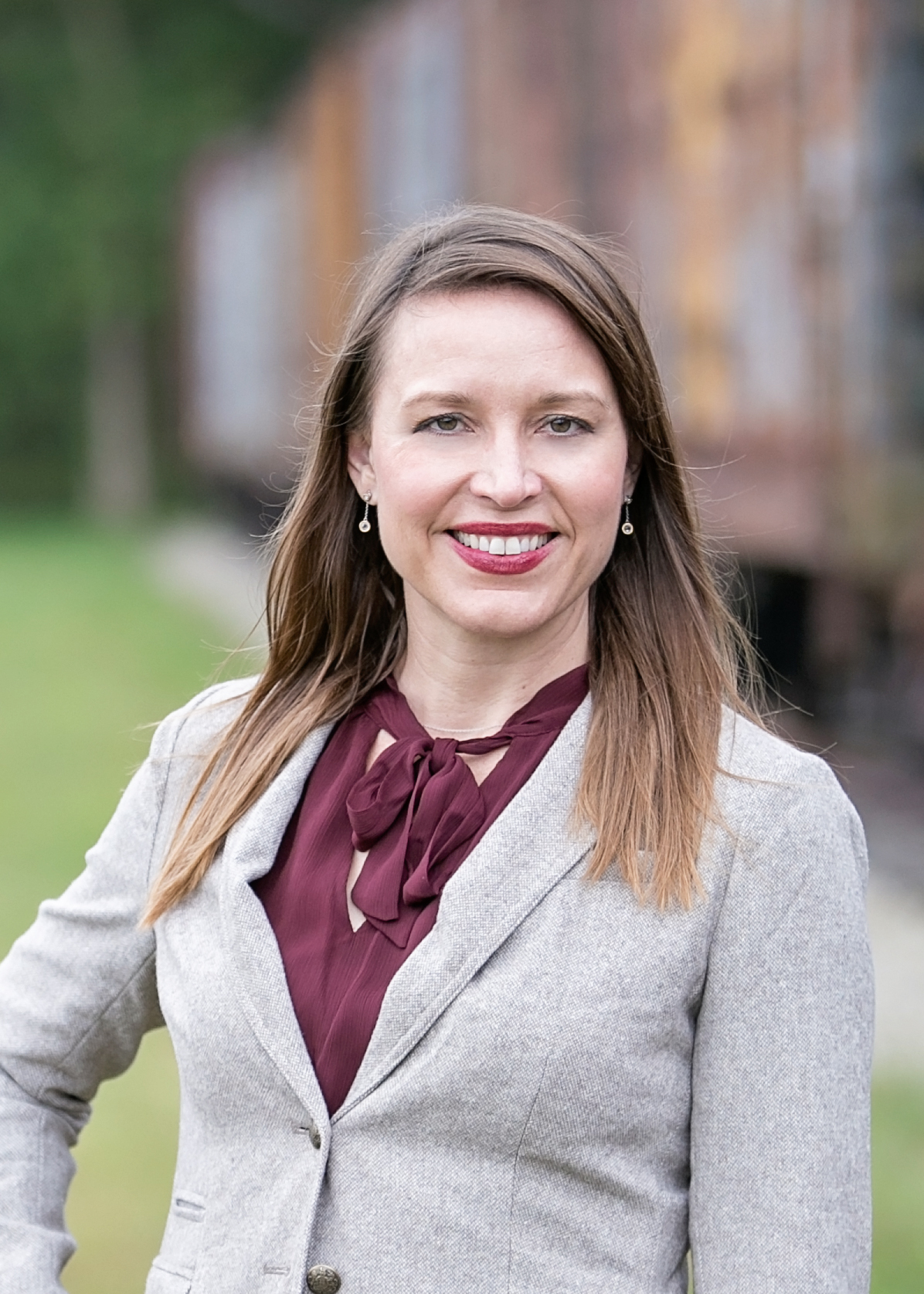Psychological impacts of depopulation in crises
End-of-life decision-making can be one of the most important tasks veterinarians face in day-to-day work. In particular, when an end-of-life decision coincides with an emergency or crisis situation, the psychological impacts on a veterinary team can be significant. It’s crucial that the veterinary community supports our colleagues involved in making these decisions with empathy and compassion. Understanding the mental and emotional burden that often accompanies these difficult situations, and engaging in empathetic listening, can help minimize psychological trauma that can impact our teams and colleagues.
Join veterinary social worker Elizabeth Strand for a panel discussion about the mental and emotional impacts that depopulation and mass euthanasia can have on veterinary professionals. Hear from veterinarians with firsthand involvement in depopulation and mass euthanasia of sheep, cattle, pigs, poultry, and laboratory animals. Gain a deeper understanding of the mental and emotional burden that often accompanies these events, and the importance of supporting our veterinary colleagues during these difficult circumstances. Come away with protective strategies that can help minimize unnecessary distress on both the affected animals and the veterinary professionals involved.
Participants can expect to learn about:
- The mental and emotional toll that mass euthanasia and depopulation events can have on veterinarians and veterinary teams, and how it impacts overall wellbeing
- The psychological trauma that veterinary teams might experience from a depopulation or mass euthanasia event
- How empathetic listening by friends and colleagues can help veterinarians and team members recover after these events
- Resilience and coping strategies for navigating these challenging situations, from individuals who have experienced them firsthand

Elizabeth Strand, Ph.D., is the founding director of veterinary social work at the University of Tennessee College of Veterinary Medicine. Her career in social work spans over 20 years, during which she has served as a licensed clinical social worker, family therapist, grief recovery specialist, and mindfulness-based stress reduction teacher. She also is trained as a Rule 31 mediator, child and adult animal abuse treatment counselor, and compassion fatigue specialist.
Her interest areas include the link between human and animal violence, animals in family systems, the development of veterinary social work, communication skills, conflict resolution, stress management techniques in animal welfare environments, and building trust in the food animal industry through participatory research approaches and interventions. Her professional mission is to encourage the humane treatment of both people and animals, and to care for those professionals who care for animals.
Dr. Jennifer Pullium has been a faculty member at NYU School of Medicine, serving as senior director of the division of comparative medicine, and associate professor of pathology. Before joining NYU she was associate director of Mt. Sinai’s Center for Comparative Medicine and Surgery. She is cofounder of the Leadership for Disaster Response (LeDR), providing emergency response training for emergency preparedness and disaster response throughout the U.S. and other countries.
In a veterinary career spanning over four decades, Dr. Don Hoenig has worked as a mixed animal practitioner, USDA veterinary medical officer, teacher at Tufts School of Veterinary Medicine, and senior veterinarian advisor for the American Humane Farm Welfare Program. He was the state veterinarian and state public health veterinarian in Maine for 17 years. He founded MIM Consulting, providing guidance in public health, food safety, emergency planning, and livestock and poultry health, welfare, and quality assurance, among other topics. He has served on AVMA’s Panel on Animal Depopulation and as an AVMA congressional fellow in Washington. He also has conducted development missions to Africa (Tanzania, The Gambia and Ghana) as a member of the World Organization for Animal Health (OIE) Veterinary Legislation Support Program. Dr. Hoenig earned his VMD from the University of Pennsylvania.

Dr. Bob Evans has spent 14 years in the pharmaceutical industry, 13 years in the veterinary vaccine industry, and nine years in production veterinary medicine. He has served as chair of the American Association of Avian Pathologists’ (AAAP) Welfare Committee, and AAAP representative to the AVMA Animal Agriculture Liaison Committee and the Council for Agricultural Science and Technology. He led an avian influenza task force for the Delmarva Poultry Industry and served as industry representative for Virginia during a low pathogenic avian influenza (LPAI) outbreak. He earned his DVM from Virginia-Maryland College of Veterinary Medicine and holds a Ph.D. in microbiology/immunology from University of Maryland Eastern Shore.

Dr. Sarah Probst Miller is the founder of AgCreate Solutions, Inc., creating innovative learning and marketing experiences for the pork, dairy, aquaculture, and beef industries. She also founded Agrischool Pty, Ltd., which delivers online training to the agriculture and food production industries. She has worked as an on-farm pig veterinarian for over 20 years, while also offering on-farm training and serving as a leadership development consultant. She has coordinated educational seminars and competency certification programs throughout North America and the world. She earned her DVM from the University of Illinois and completed that university’s Executive Veterinary Program.